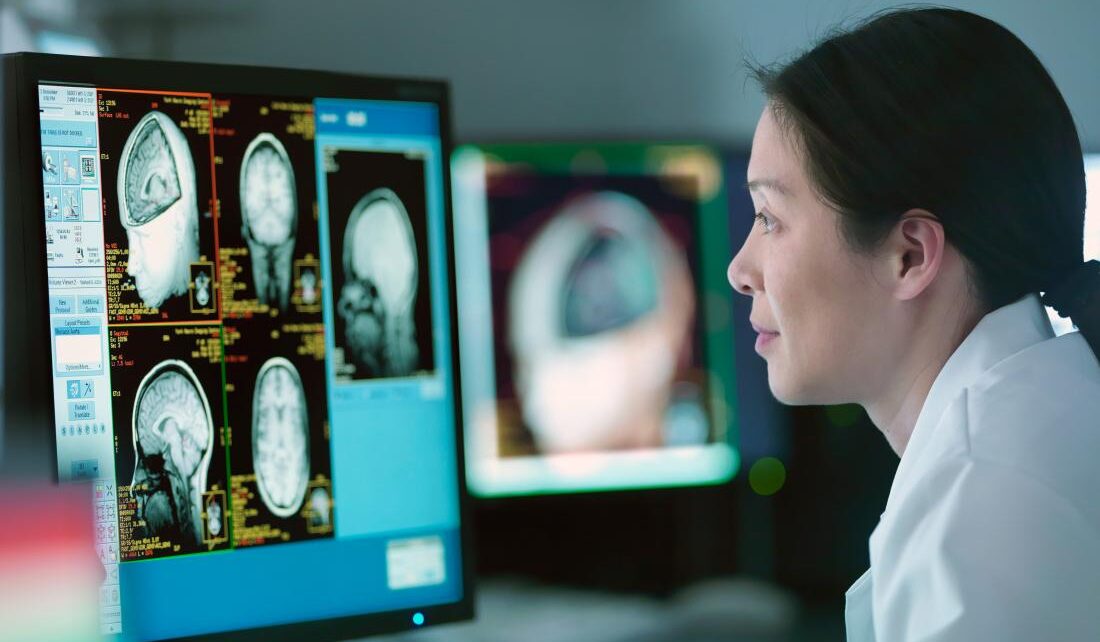Imagine being in a mystery movie. You’re the detective, and your job is to solve a complex case. Now, picture this ‘case’ as a neurological disorder. I’m here to walk you through how we, at Link Neuroscience Institute, play detective in such situations. We’re in the business of diagnosing neurological disorders – a painstaking process that is as fascinating as it is intricate. Let’s dive into our world of neurons and synapses, and see how we piece together these complex puzzles.
Understanding the Patient’s Story
First, let’s understand that each patient has a unique story. Just like a detective listens to the accounts of witnesses, we gather all possible details from the patient. We try to feel what they’re experiencing, understand their fears, and empathize with their journey.
The Role of a Physical Exam
Next comes the physical examination. It’s like the crime scene investigation in our detective story. We carefully observe the patient’s physical signs – a tremor, a muscle weakness, a problem with coordination. We take note of these clues, valuable pieces of our puzzle.
Decoding the Mystery through Tests
Then we use technological tools to get a deeper insight. Think of it as our high-tech lab in the mystery movie. We use tests like MRI and CT scans to get a closer look at the brain and nerves. This helps us identify abnormalities that could be causing the symptoms.
The Final Diagnosis
With all these pieces, we start putting together the puzzle. We match the symptoms, physical signs, and test results. And voila! We usually have our diagnosis. But, it’s not always that simple. Sometimes, we face cases that require more investigation and tests.
The Journey Doesn’t End Here
Diagnosing the disorder is just the beginning of the journey. Once we know what we’re dealing with, we can start the treatment process. We often need to make adjustments along the way. It’s all about managing the disorder and improving the quality of life for our patients.
In a nutshell, being a neurologist is like being a detective. We have to listen, observe, and investigate. And at Link Neuroscience Institute, we do this with empathy, precision, and a profound commitment to our patients.





